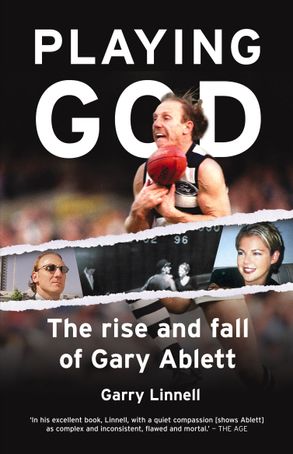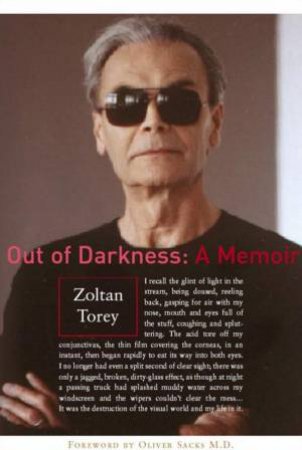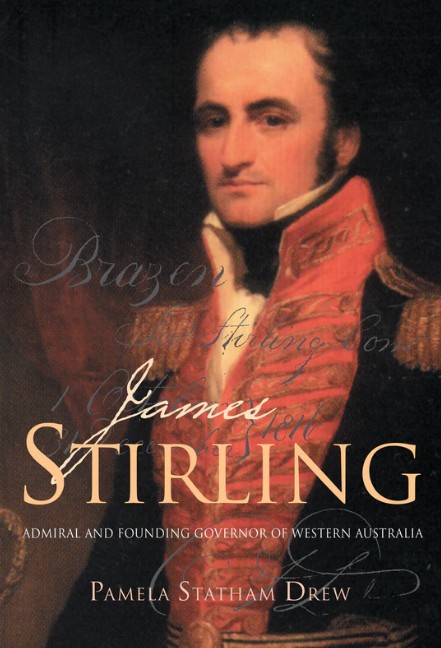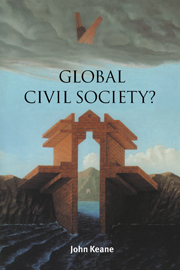Archive
Playing God by Garry Linnell & Bob Rose by Steve Strevens
There cannot be many literate people left in the world today who have not heard of the appalling looting of the Iraq National Museum earlier this year. This followed the evacuation of the building on April 8 by museum personnel who had been safeguarding the site (in some cases sleeping there) up until that point. What ensued was a nightmare of cultural carnage involving an unknown number of looters who, according to Marine Col. Matthew Bogdanos (head of the Joint Inter-Agency Coordination Group investigating the looting of the museum), made off with approximately 13,500 objects.
... (read more)The Children’s Book Council of Australia (CBCA) Awards are the most significant awards for books aimed at young people in Australia. They guarantee short-listed books increased sales. The judges’s report is always an important document, since the eight judges read every book (give or take a few that publishers neglect to submit) published in Australia for young readers during the preceding twelve months. This gives them a unique perspective on how contemporary experience is being represented to the next generations of readers, writers, reviewers, festival-goers and book-buyers.
... (read more)A Game of Our Own: The origins of Australian football by Geoffrey Blainey
Here we have five seemingly disparate books linked by genre: fantasy. Yet even fantasy, an often devalued term used to categorise a range of speculative and other fictions, doesn’t quite describe these entertaining and evocative texts. Rather, the common thread running through these stories and uniting them in a continuous and universal yarn is that which weaves its way through many tales: the hero’s journey.
Whether drawing inspiration from epic and mythological pasts or contemporary issues around young people’s search for identity within and against mainstream forms, each story seeks to capture the reality of the timeless and often heroic search for the self using a fantastical backdrop.
... (read more)Kierin Meehan’s Hannah’s Winter was one of the most promising débuts in some time. Her second novel, the ambitious Night Singing, attests to Meehan’s importance as a new writer for the middle-school years reader. There’s a magical quality to Night Singing and, although it is not a fantasy, a sense of the fantastic pervades the novel. Meehan has woven various plot strands and numerous characters into a delightful and, at times, deeply moving whole. Her characters, some of whom are wildly eccentric, never seem less than real, and her plot, although full of extraordinary coincidences – coincidences that, in less capable hands, would be both lazy and unconvincing – is believable and satisfying.
... (read more)James Stirling: Admiral and Founding Governor of Western Australia by Pamela Statham-Drew
Clive James in Mildura
The Mildura Writers’ Festival, held over a weekend in late July, consolidated its reputation as one of Australia’s most pleasurable literary festivals. When, we wonder, will tout Melbourne and Sydney realise how good it is, and make the journey. Clive James opened the festival with a memorable lecture on questions of celebrity and the poetry of Philip Hodgins. We have much pleasure in publishing his 2003 La Trobe University/Australian Book Review Annual Lecture in this issue.
... (read more)




